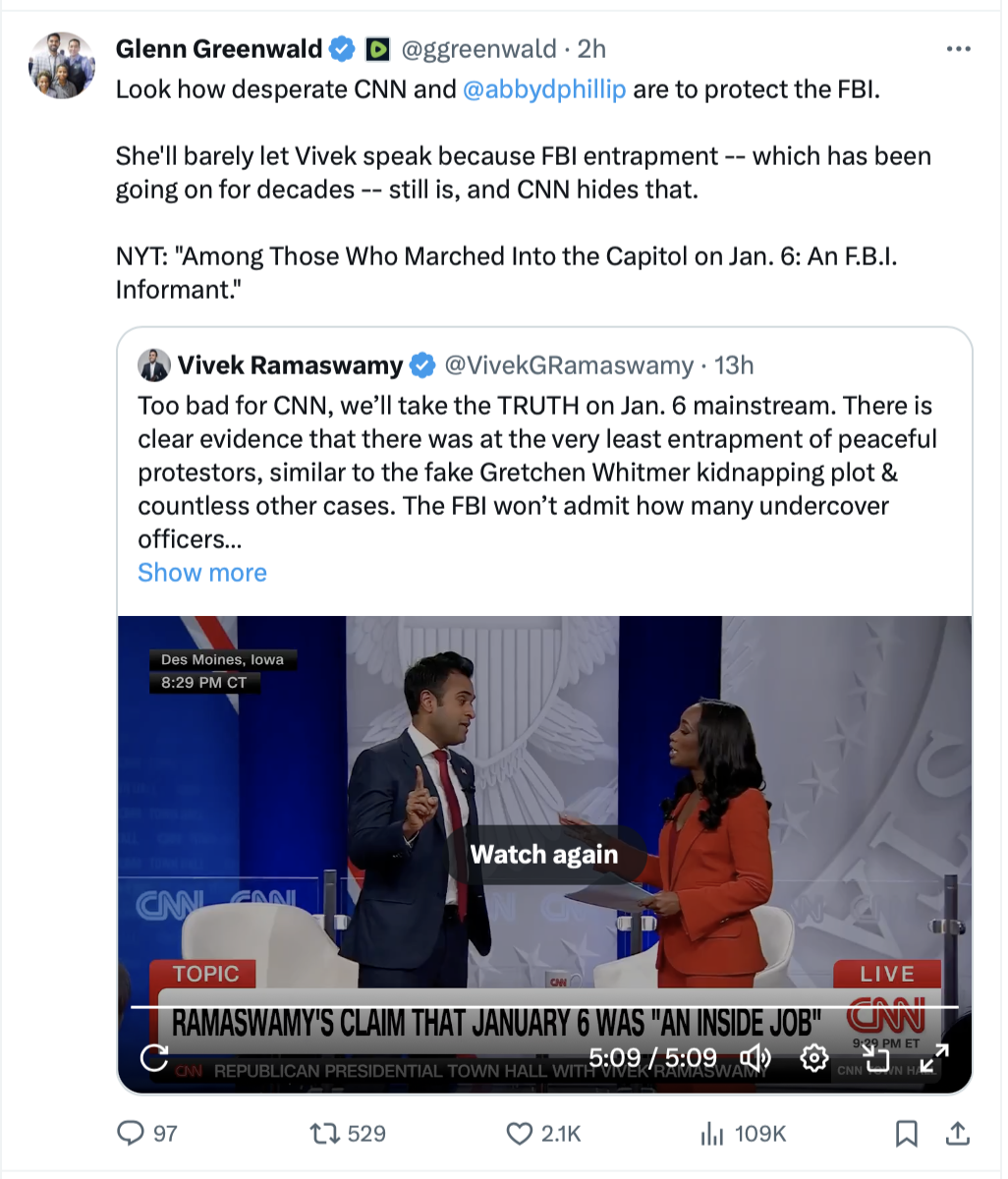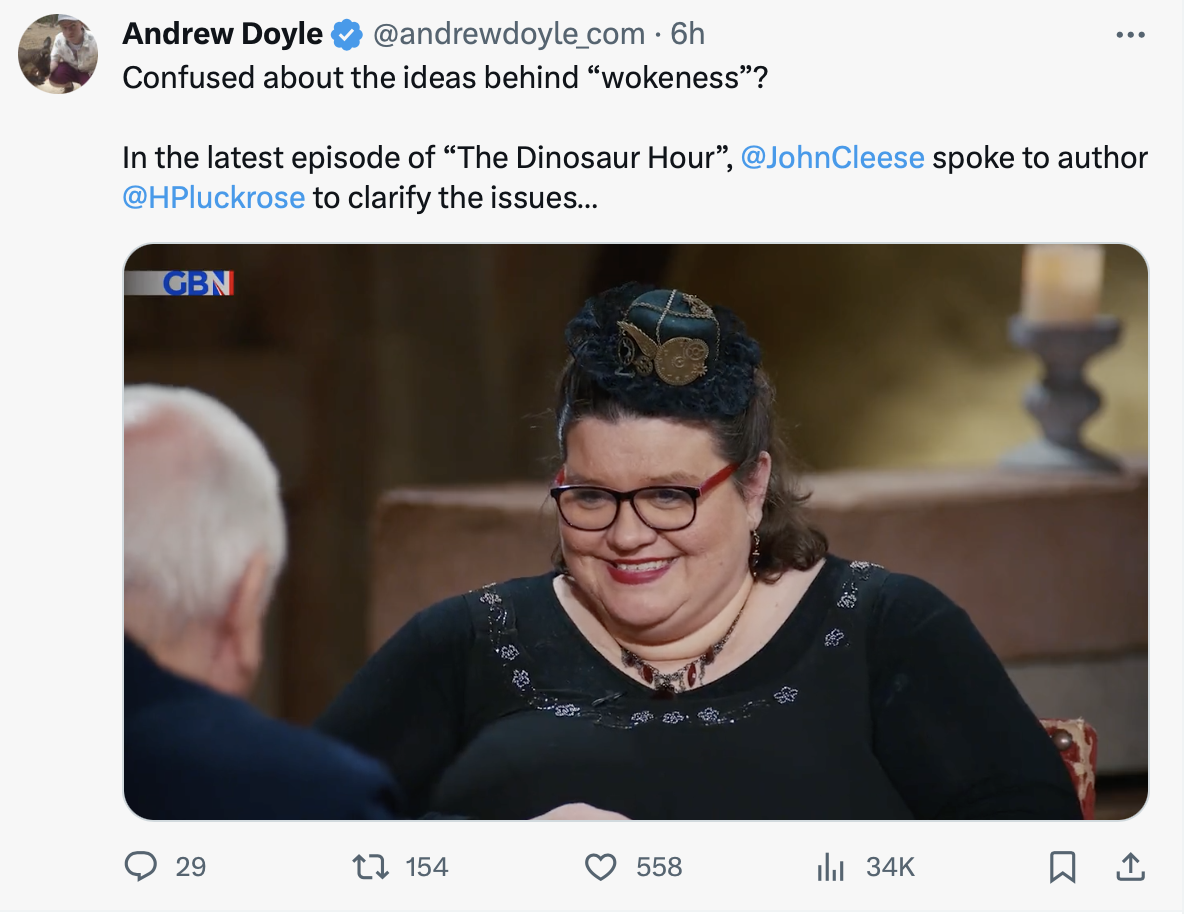Sasha Stone: How to Remake America
On a recent podcast, Sasha Stone condemned the Biden administration, offering some words of support for Donald Trump. Unlike Stone, I would never consider voting for Trump. Nor can I in good conscience vote for Biden, as I did three years ago. That said, I very much agree with Stone about the many ways the United States has gone off the rails during the Biden years. An excerpt:
Four words on a red hat. Make America Great Again.
Make America able to take a joke again.
Make America understand basic biology again.
Make America the land of the free and home of the brave again.
Make it okay to be white, a Christian, a male, a Jew, a woman, a mother and American again.
Make Thomas Jefferson a hero again.
Make movies watchable again.
Make America a country where we can still say what we think without fear of banishment, public humiliation or the loss of our jobs.
Make America tolerant again.
Make reality cool again, make it okay to reward merit.
Make it okay to be friends with people you don't agree with.
Lots of the hysteria is happening on both sides. It has to do with algorithms and their effects on our brains and our perception of reality.


